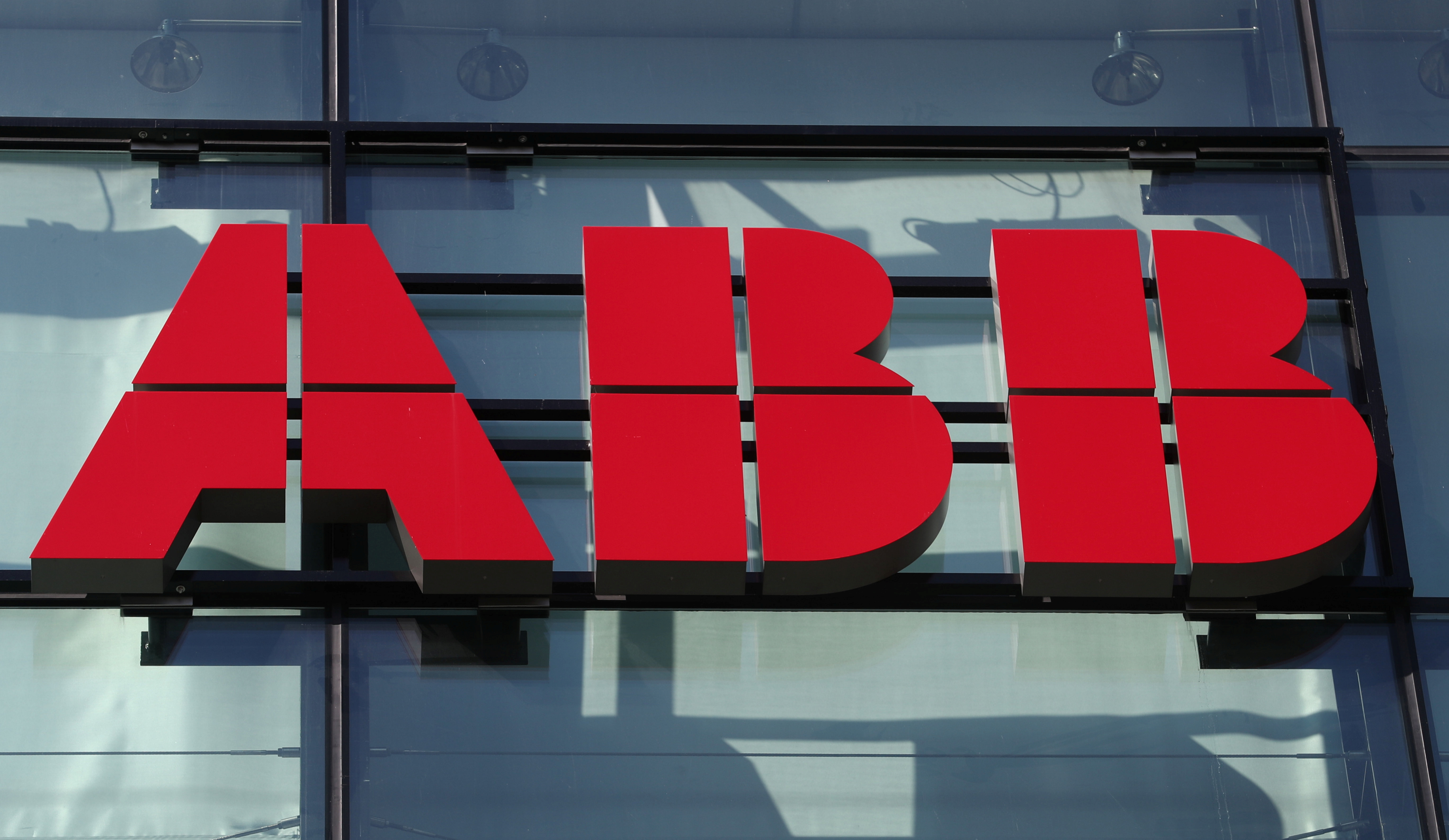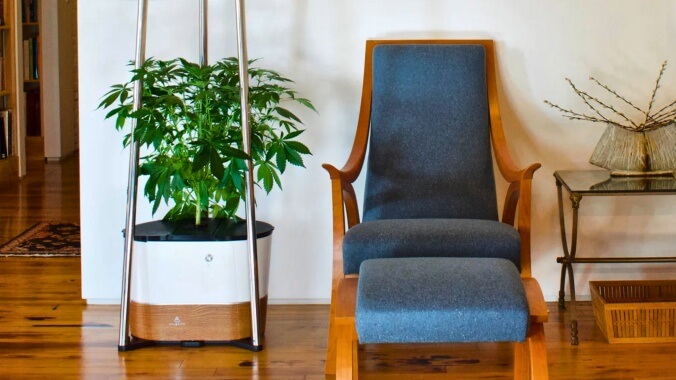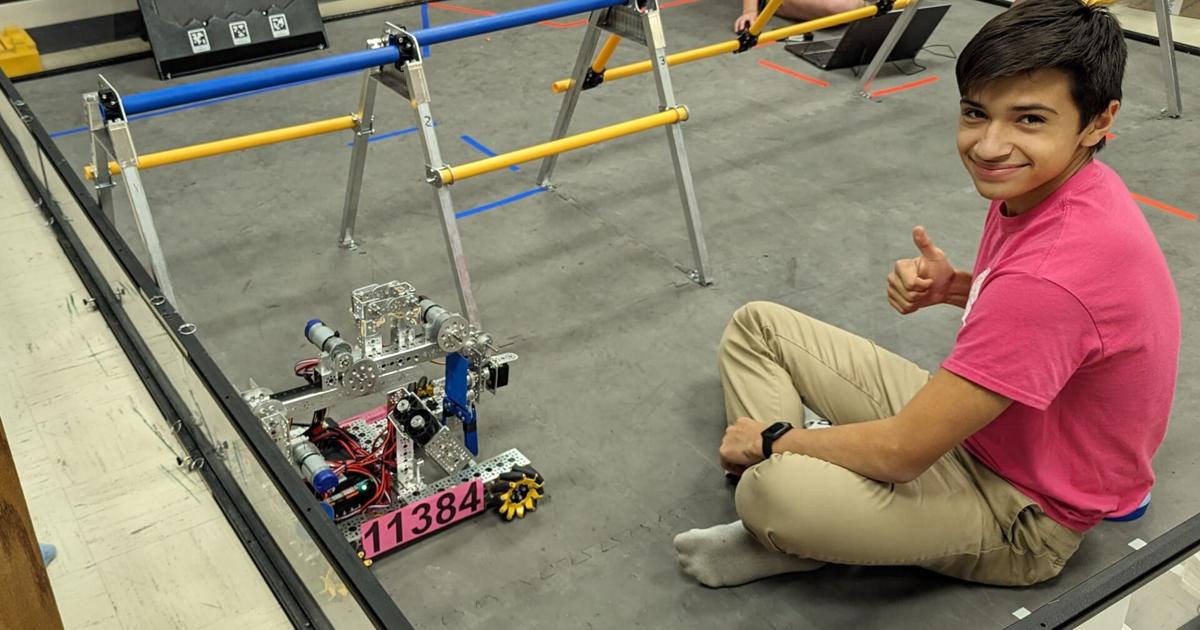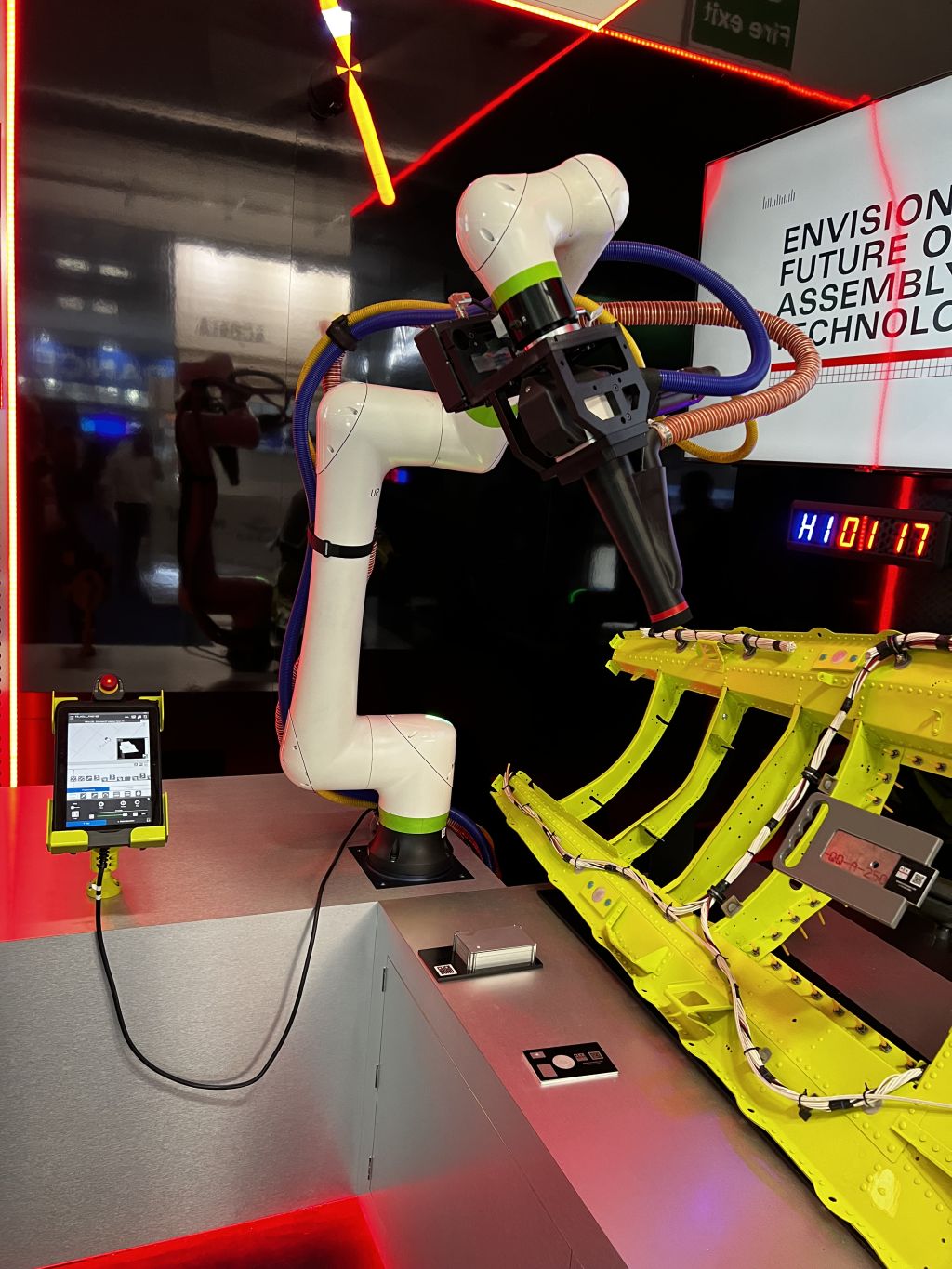The logo of ABB is seen at an office building in Zurich, Switzerland September 10, 2020. Picture taken September 10, 2020. REUTERS/Arnd Wiegmann/File Photo Acquire Licensing Rights
ZURICH, Sept 13 (Reuters) – ABB (ABBN.S) is spending $280 million on a new robotics factory in Sweden, the Swiss engineering and technology group said on Wednesday, to meet growing demand from customers moving back production from Asia to avoid supply chain log-jams.
Rising tensions between Washington and Beijing have also made some manufacturers and other robot users rethink their manufacturing footprint and shift production away from China.
ABB Chief Executive Bjorn Rosengren said his company was seeing evidence of the re-shoring trend, although his company still remained committed to China.
“There are probably some, especially American, companies who are hesitating about investing in China and maybe doing that in other Asian countries instead,” he told Reuters in an interview.
The Chinese economy has also seen a weaker than expected recovery from the COVID-19 pandemic, Rosengren said, although he remained positive about the country’s long-term potential.
“It’s the biggest market for growth, we believe China will be strong even though it will be more China for China and not so much China for the world,” he said.
China, the world’s biggest market for robots, would remain crucial for ABB, he added, with the company having no plans of its own to scale back investment in the country.
The Swiss company last year opened a $150 million factory for robots in Shanghai and also expanded its facility in the United States.
The sites will complement the new Swedish factory, in Vasteras, which is expected to mainly serve European customers when it opens in 2026.
The new facility will boost production capacity by 50% to meet demand for robots in Europe that is expected to increase by 7% per year.
Robotics would “absolutely, definitely” remain a key part of ABB, added Rosengren, with recent improvements in the division’s performance sustainable.
Many customers want more local supply, especially after suffering supply chain bottlenecks during the COVID-19 pandemic.
ABB, which competes with Japan’s Fanuc Corp (6952.T) and Chinese-owned Kuka (KUKAF.PK) already supplies robots to companies including BMW (BMWG.DE), Scania and Volkswagen (VOWG_p.DE).
“The globalisation trend has gone down a little bit, and every company is looking at their supply chain,” Rosengren said. “It’s becoming more local for local.”
Reporting by John Revill
Editing by Tomasz Janowski
Our Standards: The Thomson Reuters Trust Principles.











